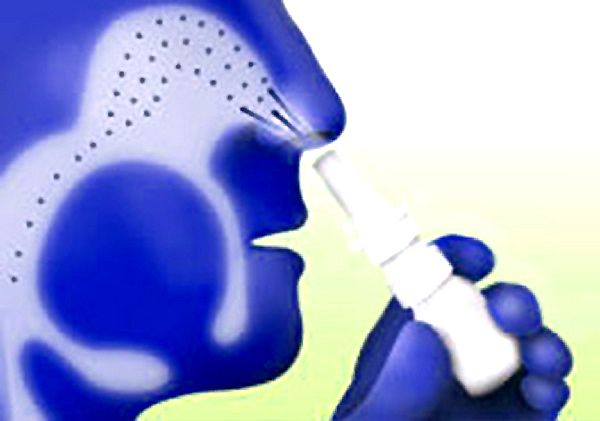By Alfred Sassler, DO, AAOA PPR Commitee A major pet food producer is marketing a “groundbreaking” cat food to reduce cat allergens. It was released after 10 years of development and testing to produce a nutritional solution to reduce house…
Do I Need an Antihistamine and an Intranasal Steroid?
By James Connolly, MD, FAAOA
Allergic rhinitis is caused by many different antigens. Some antigen exposure seasonal (limited exposure during the year such as ragweed or tree pollen), and some antigen exposure is year around or perennial, such as dust mites, cat dander, or mold. Each patient also has different levels of severity of their sensitivity or reactions to each antigen. Both factors can affect symptoms and need for additional therapy.
Allergic reactions are made up of two phases: the acute-phase and the delayed-phase inflammation. The acute phase occurs at the site of exposure when the mast cell degranulates, releasing histamines, and causing itching and swelling at the location of exposure. Poison ivy is a good example of acute phase. Antihistamines work well to block this phase and decrease acute symptoms.
Intranasal steroids are corticosteroids that block the delayed inflammatory phase, inhibiting release of prostaglandins, leukotrienes, and cytokines. These mediators cause a second wave of symptoms and are delivered from immune cells far away from the local exposure site. The majority of symptoms related to allergy (nasal congestion, runny nose, itchy eyes) are a result of this delayed response. The secondary swelling can occur over days and weeks and plays a larger role in repeat exposures.
For patients having mild non-daily reactions from seasonal allergy, antihistamines alone can be all they need. For those patients suffering from daily symptoms and specifically, perennial allergy exposure, intranasal steroids are the most helpful. If nasal steroids alone are not controlling these symptoms, an antihistamine nasal sprays can provide additional control, but oral antihistamines do not offer any additional benefit.
For those patients with persistent congestion and swelling or underlying asthma, adding an anti-leukotriene, such as montelukast can also be helpful.





